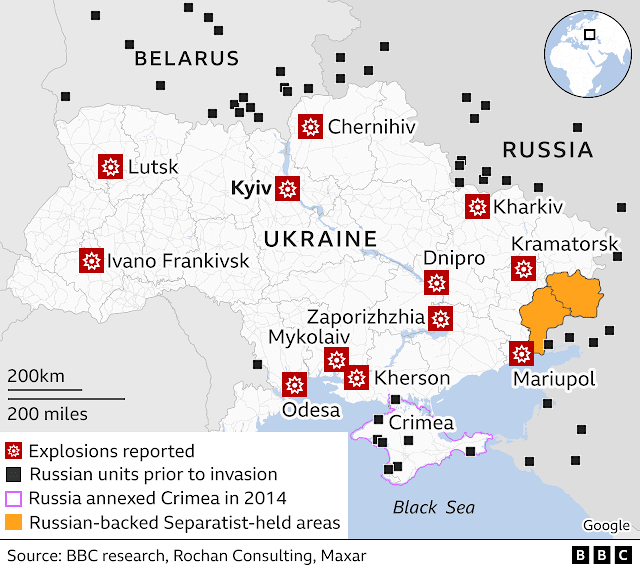TOPIC: Africa's Next Civil War? Sudan Wobbles Between Peace and Collapse
Sudan, to say the least, has had a chaotic past decade. Now that trend appears to be continuing, with the threat of mass civil disruption and even the possibility of civil war now on the horizon.
In 2011 Africa's largest country split in two, with South Sudan becoming the worlds youngest nation. This followed years of conflict and unrest in the majority Christian south between the majority Muslim north, headed by long-time dictator, President al-Bashir. With the declaration of South Sudanese independence, Sudan dropped in the list of largest countries in Africa from first to third and lost a significant proportion of its oil fields. In 2018, a second political crisis struck Sudan, with mass protests breaking out as a result of a government decision to triple the price of goods. There was large scale peaceful protests that were met with fierce resistance by security forces. Eventually, the military stepped in, ordering the arrest of al-Bashir and putting an end to his tenure as President.
Subsequently, a joint civilian-military council was established as head of state, with a new Prime Minister, namely former economist, Abdalla Hamdok. Hamdok began a process of economic revitalisation, but progress was slow entering 2021.
Collapse of Cooperation
Unfortunately for Sudan's democratic aspirations, Hamdok did not get the time he needed and a series of coups hit the nation in 2021. The first came on 21 September, but this attempt was foiled. The next coup however, did not have the same difficulties. The coup, led by the military, captured the civilian government including Abdalla Hamdok. In his place, the coup leader, general Abdel Fattah al-Burhan declared a state of emergency and seized power. The general promised to lead an orderly transition to elections under pressure from the west, but instead recently re-appointed himself as Head of the Sovereign Council. As a result, Sudan now verges on the edge as tensions mount. Pro-democracy demonstrators continue to dominate the streets of Khartoum, despite violence from the security forces and a nationwide internet blackout, aimed as disrupting the protestors.
Now Sudan's military is deployed, leading to a worrisome escalation of the situation. The west looks on angrily, whilst the nominal allies of Sudan in Saudi Arabia and the UAE, look equally nervous. It is a geopolitical imperative of the Arab allies to secure the Red Sea region, which Sudan borders, but the increasing international and domestic pressure on the coup leaders threatens this alliance. A further worrisome trend emerging is an increase in the volume of coups in Africa. The two coup attempts in Sudan come in tandem with coups attempts in Guinea, Mali, the Central African Republic, Ethiopia and Gabon - all occurring within the past two years. For now, there is still hope for a negotiated resolution in Sudan, but a pattern of coups, security violence and civil war across Africa, presents a disturbing precedence.
(General Abdel Fattah al-Burhan. Photo credit, AP Photo/Hussein Malla, sourced at: https://www.timesofisrael.com/sudan-says-its-transition-government-lacks-mandate-to-normalize-israel-ties/)



Comments
Post a Comment